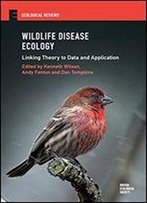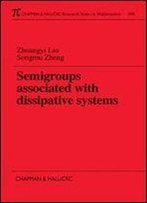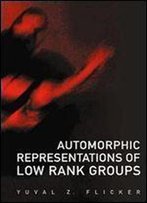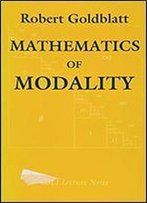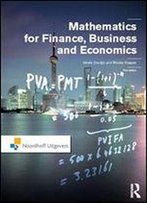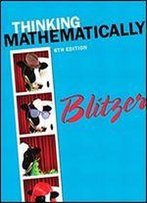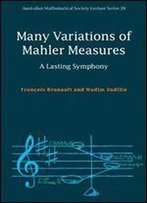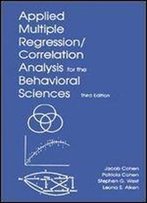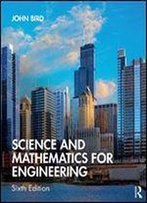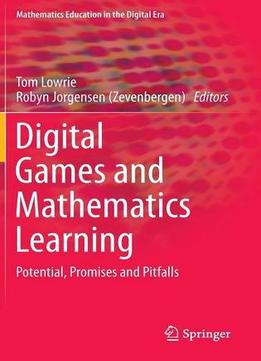
Digital Games And Mathematics Learning
by Robyn Jorgensen (Zevenbergen) /
2015 / English / PDF
8.7 MB Download
by Tom Lowrie (Editor), Robyn Jorgensen (Zevenbergen) (Editor) Represents a multi-disciplinary investigation of the influence and impact digital games have on young students’ mathematics engagement Focuses on engagement in out-of-school contexts and learning situations beyond classrooms Additional video and graphics will add depth and richness to the text, providing a more dynamic and multi-modal representation of research in digital learning contexts Features mathematics ideas through multidisciplinary and transdisciplinary lenses Digital games offer enormous potential for learning and engagement in mathematics ideas and processes. This volume offers multidisciplinary perspectives―of educators, cognitive scientists, psychologists and sociologists―on how digital games influence the social activities and mathematical ideas of learners/gamers. Contributing authors identify opportunities for broadening current understandings of how mathematical ideas are fostered (and embedded) within digital game environments. In particular, the volume advocates for new and different ways of thinking about mathematics in our digital age―proposing that these mathematical ideas and numeracy practices are distinct from new literacies or multiliteracies. The authors acknowledge that the promise of digital games has not always been realised/fulfilled. There is emerging, and considerable, evidence to suggest that traditional discipline boundaries restrict opportunities for mathematical learning. Throughout the book, what constitutes mathematics learnings and pedagogy is contested. Multidisciplinary viewpoints are used to describe and understand the potential of digital games for learning mathematics and identify current tensions within the field. Mathematics learning is defined as being about problem solving; engagement in mathematical ideas and processes; and social engagement. The artefact, which is the game, shapes the ways in which the gamers engage with the social activity of gaming. In parallel, the book (as a t extual artefact) will be supported by Springer’s online platform―allowing for video and digital communication (including links to relevant websites) to be used as supplementary material and establish a dynamic communication space. is Director at the Research Institute for Professional Practice, Learning and Education (RIPPLE) has an established international research profile in the discipline area of mathematics education. His research focuses on the extent to which young children use spatial reasoning and visual imagery to solve mathematics problems, and the role and nature of graphics in mathematics assessment. Specifically, his most recent research also investigates the influence digital technologies may have on disadvantaged students’ (particularly Indigenous students, and students living in remote areas). His impact and contribution to the field includes attracting more than $1.6m in nationally , refereed journals and conference presentations. competitive research grants from the Australian Research Council and the Department of Education, Science and Training and over 130 publications in books. has an international reputation for her excellence in research in mathematics education, particularly that which is focused on equity and classroom practice. She has been a Chief Investigator on 10 Australian Research Council grants and has published widely from these grants. She has been Chair of the Queensland Studies Authority’s Curriculum Advisory Board (Mathematics) and has been the mathematics advisor for the Queensland Ministerial Committee for Science, Technology, Engineering and Mathematics (STEM). She has served on the Executive for the Mathematics Education Research Group of Australasia as secretary and Vice President. has a strong affiliation with the Springer publishing house including chief editor of the Mathematics Education Research Journal and is a member of the Editorial Board for the International Journal for Science and Mathematics Education. She was co-editor of “Research socio-political dimensions in mathematics education”. She has published in a number of Springer publications including edited books and journals. She has also been an editor of MERGA conference proceedings and was editor of two other books. She has produced 50 publications -books, edited books, book chapters, journal articles and fully-refereed conference papers in the past 5 years. 9 illus., 69 in colour


